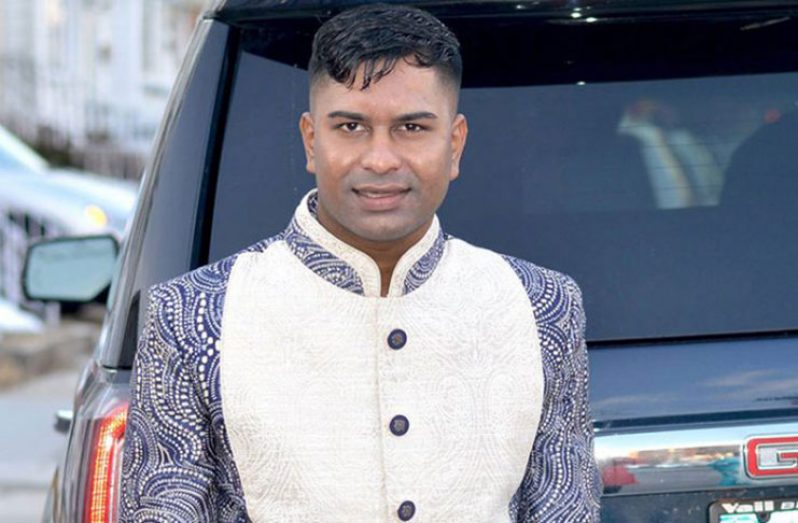A Federal Judge in Brooklyn,New York has denied murder accused Marcus Bisram habeas corpus petition to avoid being extradited to Guyana.
The decision was handed down by Judge Kiyo Matsumoto in the United States District Court , Eastern District of New York on Tuesday, October 30, 2018.
Bisram along with five men are accused of murdering Number 70 Village, Corentyne carpenter, Faiyaz Narinedatt on November 1,2016.

The five men Orlando Dickie, Radesh Motie, Diodath Datt, Harri Paul Parsram, and Niran Yacoob were this month committed to stand trial at the High Court in Berbice after a lengthy preliminary inquiry (PI). Bisram is seen as the mastermind in the case.
On Tuesday Judge Matsumoto concluded “for the foregoing reasons, the petition for a writ of habeas corpus is denied as is petitioner’s motion for an evidentiary hearing. The Clerk of Court is respectfully requested to enter judgment denying and dismissing the petition and to close the case”.
According to documents seen by the Guyana Chronicle, on November 17, 2017, petitioner Marcus Brian Jainarine Bisram filed the petition for a writ of habeas corpus pursuant to 28 U.S.C. § 2241, challenging Magistrate Judge Kuo’s Certificate of Extraditability and Order of Commitment.

It was noted by the judge that throughout the proceedings, petitioner has maintained consistently that he is not challenging the court’s jurisdiction to preside over the matter of extradition but that he is challenging whether there was probable cause to warrant extradition. “His position with respect to the existence of a valid extradition treaty between the United States and Guyana, however, has been inconsistent,” the Judge ruled.
The court noted that The United States signed an extradition treaty with the United Kingdom on December 22, 1931 , while Guyana was under the United Kingdom’s control and the Treaty remained in effect after Guyana obtained its independence from the United Kingdom.
It was noted too that the United States Executive Branch has unambiguously stated that it considers the Treaty to be in effect.
“Petitioner’s unsupported and intermittent arguments that the Treaty has been “‘called into doubt” are unconvincing and not proper for the judiciary to address, especially given the clear position of the Executive Branch. For these reasons, the court finds that a valid extradition treaty exists between the United States and Guyana,” the Judge ruled.
The judge stated that the Government of Guyana submitted three exhibits. The first exhibit included, information regarding the extradition treaty between the United States and Guyana, the Guyanese Ministry of Foreign Affairs’ Extradition Request for petitioner with respect to “the offense of Murder, accessory before the fact”, and a statement by a Guyanese police officer describing the eyewitness statement.
The additional exhibits included statements from witnesses as well as from police officers in Guyana investigating the case.
Bisram’s lawyers here and abroad has been fighting his appearance before the courts on these shores to answer to the case.
In September, the Caribbean Court of Justice (CCJ) dismissed an application made on behalf of Bisram for an urgent hearing of a challenge to a local judge’s refusal to discontinue the charge against him.




.png)









